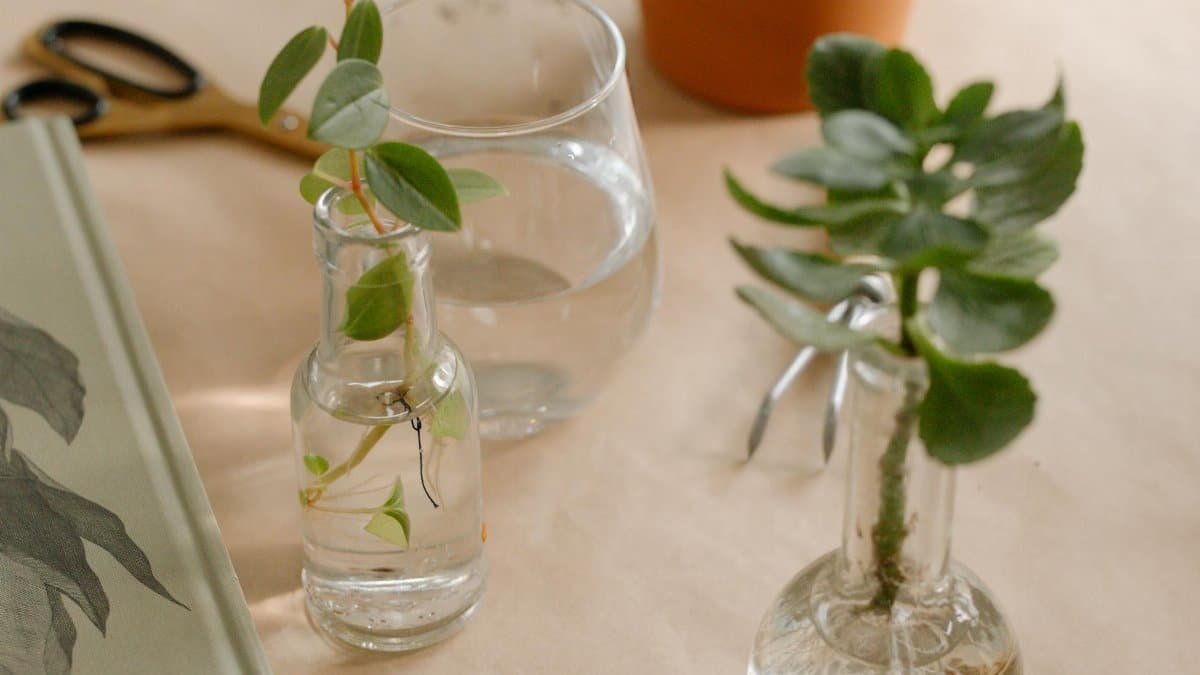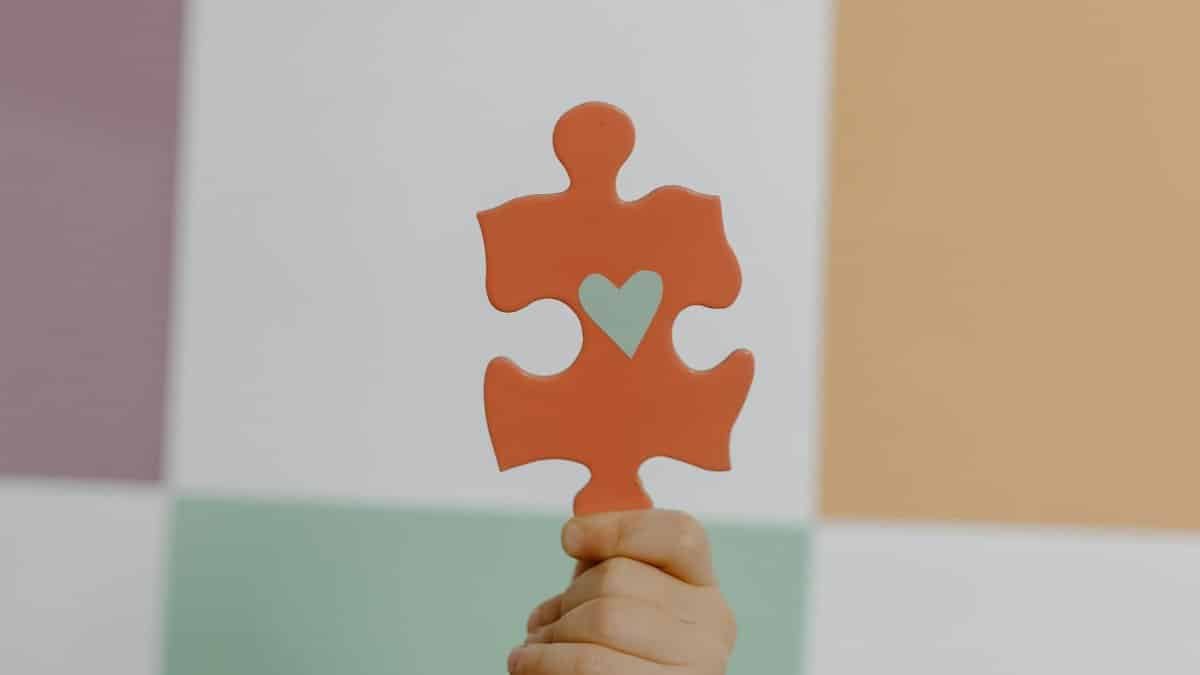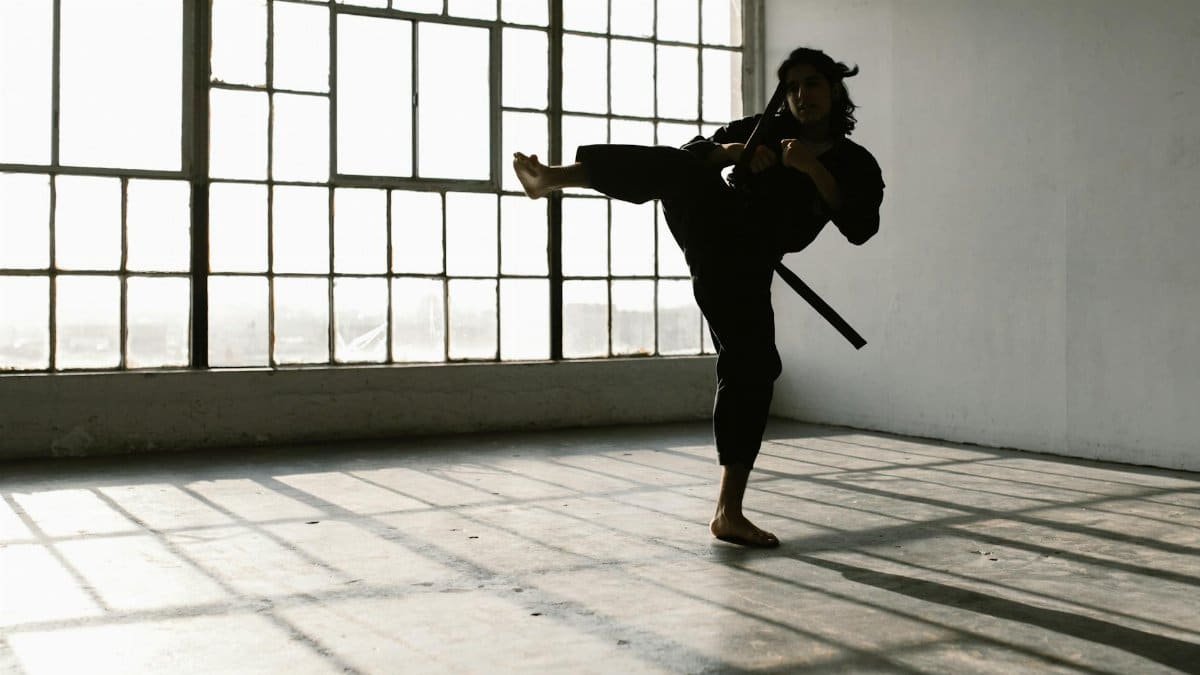A recent study from the Pew Research Center found that nearly 40% of Americans now engage in some form of mindfulness or introspective practice, up from just 8% in 2012. This surge points to a growing hunger for tools that foster inner clarity amid life’s chaos. Enter self-inquiry, a practice rooted in ancient wisdom yet increasingly relevant today. It’s not about endless navel-gazing; rather, it’s a deliberate process of questioning one’s thoughts, emotions, and beliefs to uncover deeper truths. People report profound shifts, from reduced anxiety to stronger relationships. In a world buzzing with distractions, self-inquiry offers a quiet rebellion, inviting individuals to pause and examine what truly drives them. As 2025 unfolds, with mental health conversations at the forefront, this approach is gaining traction not just in wellness circles but in everyday lives across the U.S.
The Roots of Self-Inquiry in Modern Life

Self-inquiry draws from traditions like Advaita Vedanta, where philosophers like Ramana Maharshi urged followers to ask, “Who am I?” But today, it’s evolving beyond spiritual enclaves. In bustling cities like New York or Los Angeles, therapists and coaches blend it with cognitive behavioral techniques. Consider a middle-aged accountant in Chicago who, after years of burnout, started journaling simple questions about his daily stresses. Over months, he noticed patterns—old fears from childhood surfacing in boardroom tensions. This isn’t rare. A report from the American Psychological Association highlights how introspective practices like this are helping adults navigate midlife transitions, with participants showing marked improvements in emotional regulation.
The practice adapts to contemporary needs. Online, anonymous shares reveal its pull. One person described feeling “like a fog lifted” after probing why certain relationships drained them, leading to healthier boundaries. Such stories underscore self-inquiry’s accessibility—no guru required, just curiosity.
Yet, it’s not always straightforward. Doubts creep in. Is this self-absorption? Experts argue no; it’s self-awareness. By examining inner narratives, people dismantle unhelpful beliefs, fostering resilience in an unpredictable world.
Emotional Renewal Through Honest Questioning

Start with a quiet moment. A woman in her fifties, sipping coffee in a Seattle café, whispers to herself: “Why does this criticism sting so much?” That’s self-inquiry in action, peeling back layers of defensiveness to reveal vulnerability. Reports from practitioners often describe this as a path to emotional renewal, where suppressed feelings surface and heal.
Research backs it up. A study published in the Journal of Positive Psychology, linked via the Taylor & Francis Online journal page, found that regular self-questioning correlates with lower depression scores among adults. Participants who engaged deeply reported feeling more authentic, as if shedding a heavy coat.
But the process can stir discomfort. Emotions bubble up unexpectedly. One anonymized account from public discussions noted the initial overwhelm: “It was like opening a dusty attic—memories everywhere.” Still, persistence pays off. Over time, this leads to compassion, not just for oneself but others. In 2025, with rising reports of loneliness from sources like the CDC, such renewal feels essential.
Transitions vary. Some weave it into therapy sessions; others pair it with walks in nature. The key? Gentleness. Force it, and it backfires. Let it unfold, and emotional landscapes shift profoundly.
Physical Benefits Tied to Inner Exploration

Who knew asking questions could ease a stiff neck? Yet, self-inquiry often links to physical well-being. Stress, that silent saboteur, manifests in tight muscles or restless nights. By inquiring into its sources—”What fear is fueling this tension?”—people report relief.
Evidence from the National Institutes of Health shows mindfulness practices, which overlap with self-inquiry, reduce cortisol levels and improve sleep. In one trial, middle-aged volunteers practicing introspective techniques saw blood pressure drop noticeably.
Picture a retired teacher in Florida, her days once plagued by chronic pain. Through self-inquiry, she traced it to unresolved grief. As she questioned and released, her body responded—fewer aches, more energy. It’s not magic; it’s neuroscience. The brain’s plasticity allows rewiring through reflection.
Challenges arise, though. Not everyone connects the dots immediately. Skeptics dismiss it as woo-woo. But for those who persist, the body-mind connection strengthens, offering a holistic path to vitality.
Navigating Relationships with Self-Awareness

Relationships thrive on understanding, starting within. Self-inquiry prompts questions like, “Why do I react this way to conflict?” Answers often reveal patterns from past hurts, transforming interactions.
A couple in Denver shared how it saved their marriage. By each exploring personal triggers, they communicated better, turning arguments into dialogues. Studies from the APA’s relationships research page support this, noting introspective practices enhance empathy and reduce relational stress.
It’s not always smooth. Unearthing biases can unsettle. One online reflection captured the tension: “I realized my judgments stemmed from my own insecurities—eye-opening, but humbling.” In diverse U.S. communities, this fosters deeper connections, bridging divides.
As 2025 brings more emphasis on work-life balance, self-inquiry equips people to show up authentically in bonds, from family to friendships.
Overcoming Common Hurdles in Practice

Distraction reigns supreme. Phones ping, deadlines loom—how does one sustain self-inquiry? Many falter here, abandoning the practice after initial enthusiasm.
Start small, experts advise. Five minutes daily, perhaps during a commute. A man in Atlanta overcame this by tying it to his morning routine, questioning one thought per day. Gradually, it stuck.
Resistance is another barrier. The mind rebels against scrutiny. “It’s uncomfortable,” admits a wellness coach. Yet, pushing through builds momentum.
Cultural factors play in. In achievement-oriented America, introspection can feel indulgent. But reframing it as a tool for productivity helps. Data from Pew indicates growing acceptance, with more adults incorporating it into routines.
Patience is crucial. Shifts don’t happen overnight, but consistency yields clarity.
Integrating Self-Inquiry into Daily Routines

Morning coffee becomes a ritual. Instead of scrolling, pose a question: “What am I grateful for today?” This embeds self-inquiry seamlessly.
At work, during breaks, reflect on motivations. A marketing executive in San Francisco found it sharpened focus, questioning assumptions in meetings.
Evenings offer winding down. Journaling helps process the day. One practitioner noted how it prevented rumination, leading to better sleep.
Tools abound—apps, books—but simplicity wins. No need for fancy setups. In 2025’s hybrid work era, this flexibility makes it practical.
The beauty? It adapts. For parents, it might mean quick checks amid chaos. The result: a life examined, intentionally lived.
The Broader Impact on Society

Self-inquiry ripples outward. Individuals gaining clarity contribute to compassionate communities. Think workplaces where empathy reduces burnout, or neighborhoods tackling divisions through understanding.
Trends show promise. With mental health initiatives gaining steam, practices like this are entering schools and offices. A NIH overview links broader adoption to societal well-being.
Yet, equity matters. Not everyone has access—time, resources vary. Efforts to democratize it, via free online resources, are growing.
In a polarized nation, self-inquiry encourages nuance. By questioning our own views, we listen better to others. This could be its greatest shift: from personal to collective renewal.
